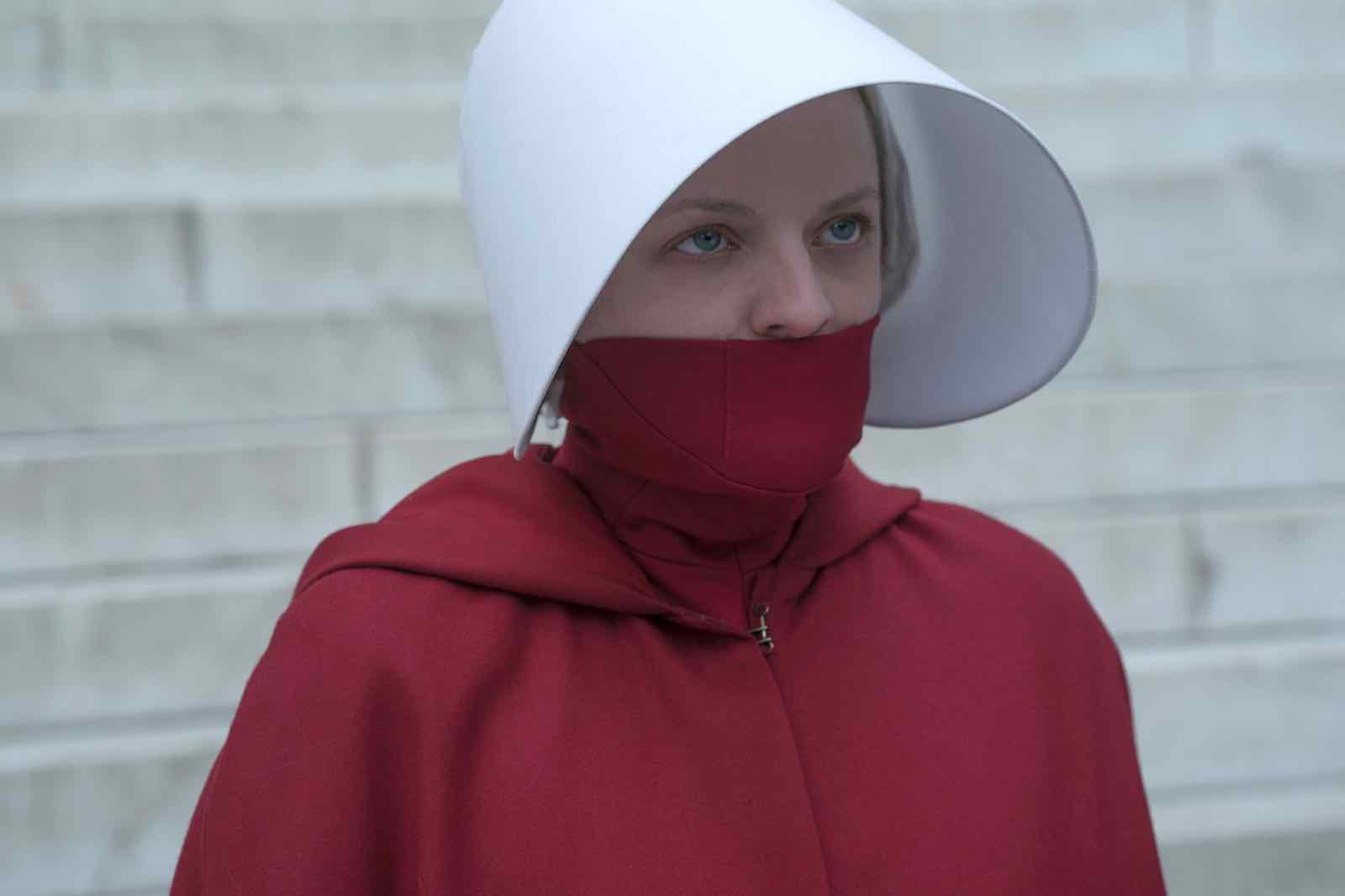
The Handmaid: How Margaret Atwood is still changin’ the game
Margaret Atwood is an enigma. Her work covers the complete spectrum, from essays & poetry to sci-fi & speculative fiction. Heck, she even wrote content for exergame Zombie, Run!
Having enjoyed somewhat of a TV renaissance in recent years, the author is probably best known in Hollywood as the genius behind award-winning shows The Handmaid’s Tale and Alias Grace – both of which began life as controversial and critically acclaimed Atwood novels.
The publication of The Handmaid’s Tale in 1985 saw Atwood become a feminist icon, a status she’s held now for thirty years. Decades later and well into her 70s, the writer struck a deal with Hulu to adapt a TV show based on the bestseller starring Elisabeth Moss as a handmaid in an area of America run by a fundamentalist regime that treats women as property of the state.

Winning audiences over with its gripping storyline and visual style, the show won big during the awards season and became the first streaming show to bag the Emmy for Outstanding Drama Series.
In the same year, Alias Grace was released by Netflix, based on Atwood’s 1996 novel of the same name. The story is of young Grace Marks – a poor Irish immigrant and domestic servant in Upper Canada who is accused and convicted of the 1843 murder of her employer and his housekeeper.

Alias Grace the TV show was described as “scarier than The Handmaid’s Tale” because it actually happened. As The AV Club put it, “Handmaid’s Tale shows us what life would be like without women’s rights; in Alias Grace, those rights don’t even exist yet.”
But one residing theme that ties these two shows together is their discussion on the treatment of women.
Pick up any of Atwood’s speculative fiction novels or watch an episode of The Handmaid’s Tale and you’ll see similar scenes – from the oppressive Republic of Gilead to the post-pandemic chaos of her MaddAddam trilogy (currently being adapted for television by Paramount TV and Anonymous Content and eagerly awaited by the huge fans of the novels here at FD), Atwood’s world is not a happy-looking place, especially for women.

It’s all a bit gloomy. But sometimes reality is gloomy. One thing’s for certain: Atwood is enjoying a resurgence as screenwriters and audiences alike have “rediscovered Atwood because of how farsighted her novels have turned out to be, whether she’s looking to the past or the future,” noted Variety:
Both projects (The Handmaid’s Tale and Alias Grace) — which had long, tortured paths to the screen — have also benefited from the Peak TV boom, which rewards complex storytelling and complicated, layered characters.
Atwood is still here, still writing, still thinking, and still shaping minds with her unflinching storytelling.
The Handmaid’s future
Actress Elisabeth Moss discussed the heavy tone of the show with The Guardian. She also said that the show is important because it will prevent similar occurrences in real life. “This will all be normal to you one day. That’s scary to me”, Moss stated. “She has no tolerance, however, for people who find the show itself frightening. “I hate hearing that someone couldn’t watch it because it was too scary. Not because I care about whether or not they watch my TV show; I don’t give a s**t. But I’m like, ‘Really? You don’t have the balls to watch a TV show? This is happening in your real life. Wake up, people. Wake up”.
The Handmaid’s Tale had production suspended on season 4 because of the COVID pandemic. The showrunners and network have not yet announced a release date. Production resumed in September. Moss told Deadline that they have no plans to stop anytime soon.
“We were two weeks into shooting when we shut down, so we didn’t get a lot in the can,” she lamented. “Our writers are still writing, and they’re continuing to write the season obviously remotely from their own homes separately, and that train is still chugging along.”



